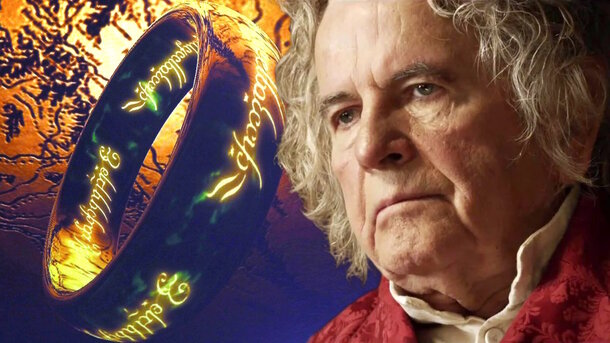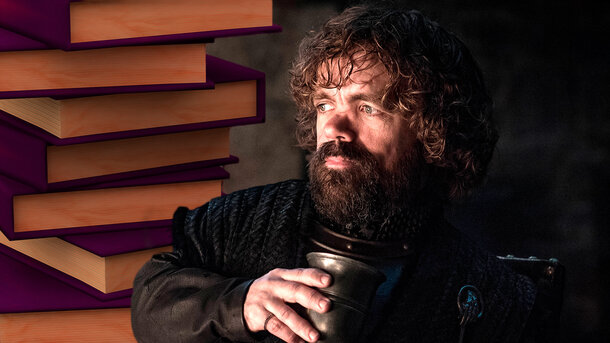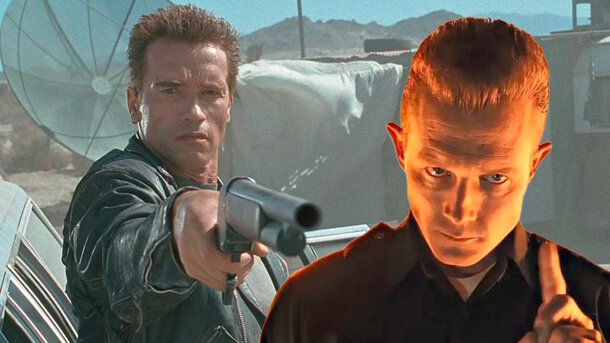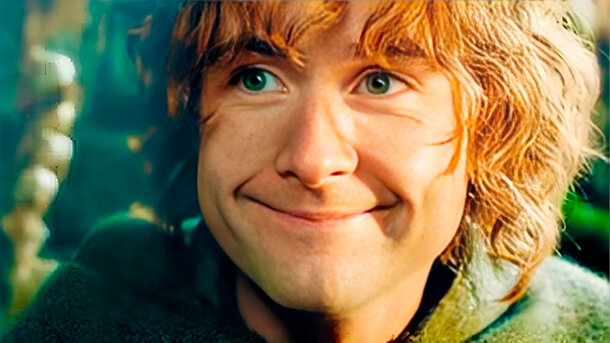He runs across snow without sinking, takes down a Mumakil with a single shot, and looks like he never gets tired. But in Peter Jackson’s The Lord of the Rings trilogy, Legolas lost something essential — his truly Elvish nature. And no, we’re not talking about his archery skills.
Elves don’t sleep. At all
In Tolkien’s world, this isn’t just a stamina bonus, it’s a fundamental trait that sets the Firstborn apart from mortals. While men and hobbits dozed off around the campfire in The Fellowship of the Ring, Legolas stood watch for days, immersed in a light meditative state — his mind alert, his body unburdened by the need for rest.
This detail isn’t just convenient for the plot — it underlines the tragedy of the Elves: they are doomed to endlessly watch their mortal friends grow old and die, while the world inevitably changes around them.

But Jackson seemingly found it more important to show Legolas flipping through the air than to explore the metaphysical depth of his character. As a result, the film version turned into an invincible superhero but lost that distinct 'Elvishness' that, in the books, made readers pause in awe during moments like the nighttime crossing of the Misty Mountains — when mortals stumbled in exhaustion, and he walked on, silent and unstoppable, like the night itself.
The Legolas We Lost
Just imagine it: night, the Fellowship’s camp. Everyone is asleep, except Legolas. He sits by the fire, unblinking, listening to the dark. Not a trace of sleepiness — only readiness. That’s far more powerful than any perfect shot.
His inhuman endurance isn’t a superpower — it’s a reminder: Elves are different. They don’t belong to this age, and yet they still protect those who will leave it long before they do.









